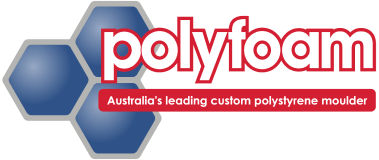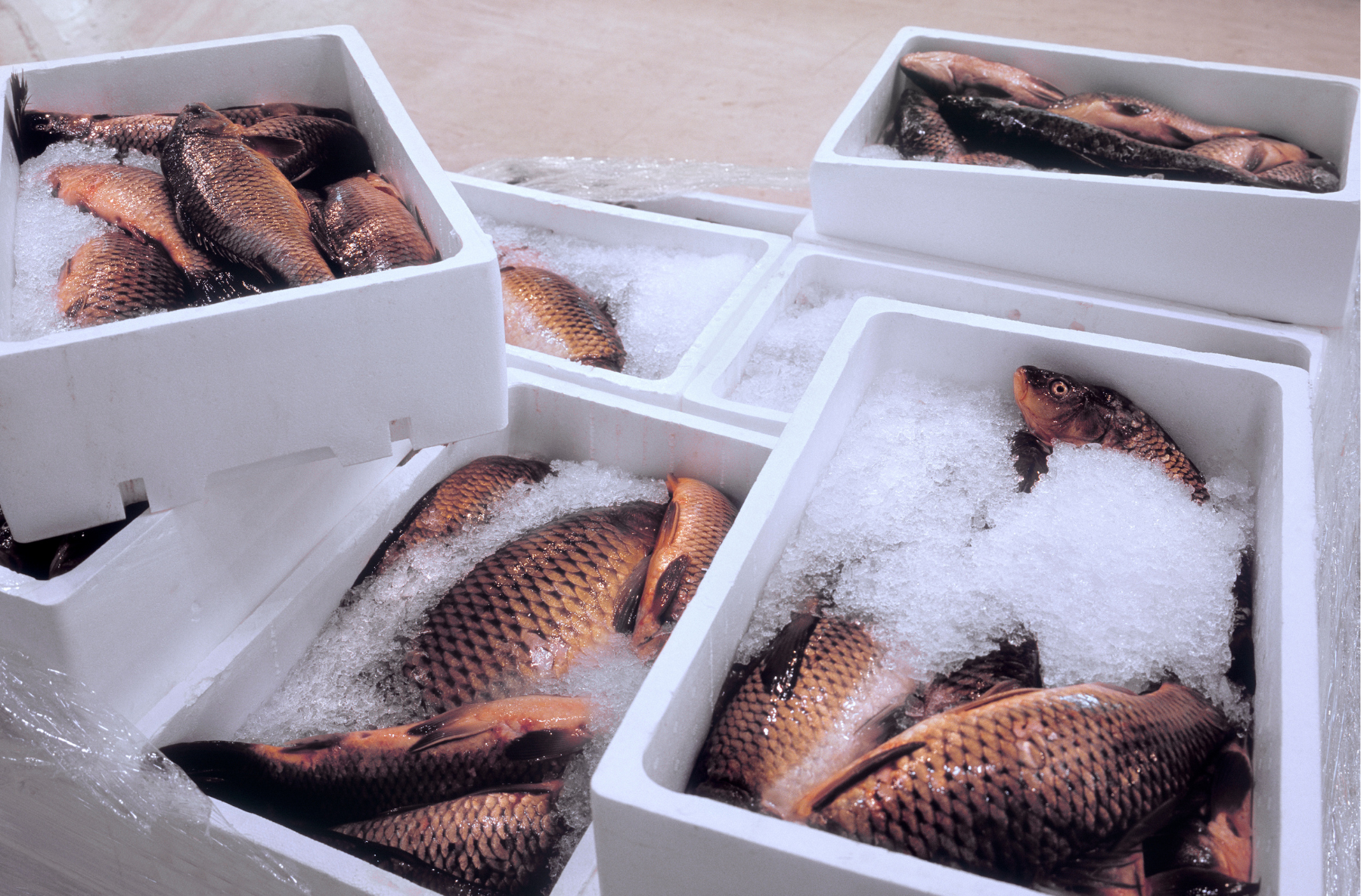At Polyfoam, our journey through the evolving landscape of aquaculture packaging has been marked by a steadfast commitment to sustainability, efficiency, and innovation. As a family-owned business deeply rooted in the packaging industry, we have long recognized expanded polystyrene (EPS) packaging as the backbone of aquaculture packaging solutions. Its unparalleled benefits—resistance to moisture, mould, and bacteria, exceptional thermal regulation, and high shock absorption—have established EPS as the indispensable choice for safeguarding the quality and safety of seafood from catch to consumer.
Enhancing Sustainability Through Recycling
Our approach transcends the continuous provision of reliable packaging solutions. With the recent inauguration of our new Westbury facility by Premier Jeremy Rockliff, Polyfoam is embarking on a mission to redefine the role of EPS within a circular economy. This facility is not merely an expansion of our production capabilities; it represents a critical pivot towards innovative recycling practices aimed at minimising the environmental impact of EPS packaging waste.
Central to this initiative is our cutting-edge recycling technologies, designed to convert used polystyrene into valuable manufactured building products. By transforming materials that would otherwise contribute to landfill, we are paving the way for a more sustainable future, showcasing the viability of closed-loop production, and advocating for the principles of product stewardship.
StyroCycle: A Community-focused Recycling Effort
In May 2024, we will introduce the StyroCycle bin program, offering community members a direct avenue to participate in EPS recycling. This initiative underscores our belief in the power of community engagement in driving environmental change and highlights our commitment to facilitating a tangible reduction in EPS waste.
Transforming EPS Waste into Sustainable Building Solution
At Polyfoam, our innovative recycling initiative is set to transform the way we perceive and handle EPS packaging waste, particularly from salmon boxes and other general packaging uses. By recovering this material, we are not merely diverting waste from landfills but actively re-manufacturing it into building materials that contribute significantly to energy-saving solutions within the building sector. These repurposed EPS products, largely utilized for insulation purposes, embody the essence of sustainability by enhancing energy efficiency in homes and commercial buildings. This approach not only extends the lifecycle of EPS but also leverages its inherent insulating properties to reduce energy consumption and carbon footprints. Through this circular process, Polyfoam is proud to contribute to the creation of green building solutions, demonstrating a tangible impact on both environmental conservation and the advancement of energy-efficient construction practices.

A Testament to Economic and Environmental Synergy
Our investment in the Westbury facility, amounting to approximately $10 million over four years, is a bold statement of our dedication to fostering both economic growth and environmental sustainability in Tasmania. By creating up to 15 new jobs in the region, we are not only contributing to the local economy but also demonstrating the harmonious potential between advancing environmental sustainability and promoting economic prosperity.
This facility and the accompanying initiatives, including the Styrocycle bin, are reflective of Polyfoam’s broader mission to encourage environmental and product stewardship across the aquaculture industry. Through these efforts, we aim to highlight the essential role of recycling in ensuring the sustainability of EPS packaging and to inspire a shift towards more responsible production and consumption practices.
Polyfoam’s Vision for a Sustainable Future
The launch of our Westbury production and recycling facility is a significant milestone for Polyfoam, the aquaculture sector, and the wider community. It reinforces the critical importance of innovative packaging solutions and recycling initiatives in maintaining the cold chain for seafood, reducing waste, and transforming EPS into a pillar of a circular economy. As we move forward, our commitment to sustainability, innovation, and community engagement remains unwavering. Together, we can drive positive change for our industry, our planet, and future generations, proving that environmental responsibility is not just an ideal but a practical and achievable goal.






